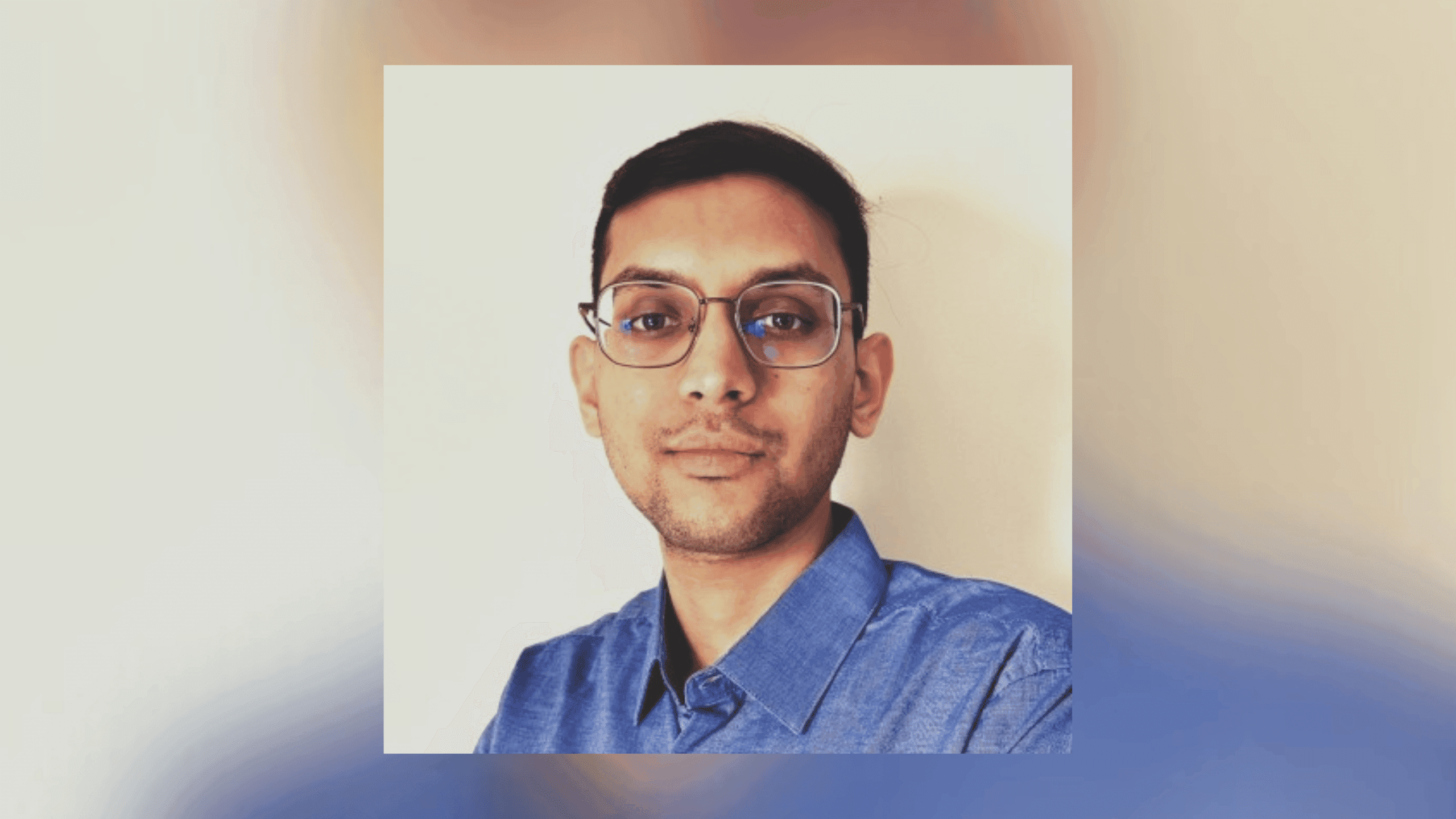Career Guides
Career Spotlight: What It's Really Like to Be a Senior Space & Defense Consultant
We sit down with Bruno Formicola, a Senior Space & Defense Consultant at logos, to learn what it takes to shape the narrative of the European space sector from Brussels.

Bruno Formicola, Senior Space & Defense Consultant at logos
Key Insights from Bruno:
- A Day in the Life: Most of my work consists of strengthening the visibility of the EU Space Programme and the myriads of downstream services connected to it, which are often overlooked despite the great benefits they provide to citizens.
- Essential Skill: Time management and team spirit are crucial. We have to deliver high-quality services on time, often for multiple clients.
- Top Advice: "Always try to be updated on the latest news concerning the space sector, especially from the policy and market standpoints."
Can you briefly describe your current role at logos? What is the main mission of your company, and how does your work contribute to it?
At logos, I design and implement communication strategies for a variety of clients active in the space, defence and aviation sectors. Being in Brussels means that we can leverage our network, the proximity to EU and international institutions and expertise with EU policies to provide strategic communication and public affairs services from a vantage point. I am also part of the team delivering the European Space Conference, one of the largest space policy events in Europe.
What does a typical day or week look like for you as a Senior Space & Defense Consultant? What are the key problems you're trying to solve?
A typical day would unfold between work sessions and alignment meetings, but also short breaks accompanied by light chit-chats with team members and colleagues. Generally, my work consists in strengthening the visibility of the EU Space Programme and the myriads of downstream services connected to it, which are often overlooked despite the great benefits they provide to citizens.
What was your path to this role? What did you study, and what previous experience (or projects) proved to be the most valuable?
I studied International Relations and later specialised in EU Affairs during my master, where I graduated with a thesis about the EU Space Policy and its role in the definition and implementation of the EU’s Common Security and Defence Policy. I later worked as a policy trainee for an MEP on matters concerning foreign policy and defence. Both my studies and my previous experience were very valuable for my current career, although I had to catch up on many communication skills at the beginning of my current journey.
What are the 3-5 most essential skills or tools you use on a regular basis?
When it comes to skills, I would say that time management and team spirit are crucial. We have to deliver high-quality services on time, often for multiple clients. It becomes really important to understand what to prioritise and how the team can work together to complete tasks successfully. Regarding practical tools, generative AI can be extremely useful in the daily job of a consultant, but raw outputs can often be unreliable and repetitive: it is up to us to improve the end result, leveraging our experience and human touch.
What is the most challenging aspect of your job? On the flip side, what do you find most rewarding or motivating about it?
Understanding the technicalities of a specific space-powered service or new technology can prove challenging sometimes. Luckily, we have access to a pool of experts with background in engineering or scientific disciplines who can help us crack the science behind something, if desk research is insufficient. Connecting all the dots and producing relevant and high-quality material for a client, for instance a well-polished article, can be very rewarding.
What is one piece of advice you would give to someone (whether a student or a professional) who wants to land a role like yours in the European space industry?
Always try to be updated on the latest news concerning the space sector, especially from the policy and market standpoints. I would suggest following Emma Gatti on LinkedIn and read her publications: she is a space expert with a 360-degree view on the sector.
What trend, technology, or opportunity are you most excited about in the European space sector over the next 5 years?
I am really curious about IRIS² and how its development and launch will play out.
Connect with the Expert
A huge thank you to Bruno for sharing his career journey and insights with our community. You can connect with him directly on LinkedIn.
Launch Your Mission
For Professionals: Inspired by Bruno's journey? See all open space jobs (not only in science and engineering) but also in Policy and Communication on Find a Space Job.
For Companies: Hiring for a role like this? Post a job to reach thousands of qualified specialists like Bruno.
Tags:
interviewspace policyspace communicationconsultancyOur mission is to connect the best talent with the most innovative companies in the European space sector. We centralise opportunities to make hiring and job searching faster and more effective.


